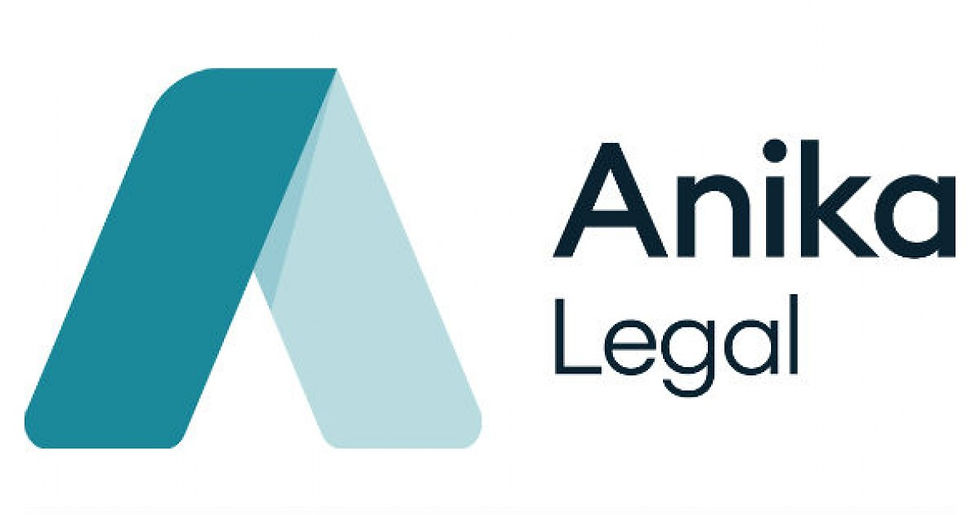Consulting Your Right Career Path?
- Kate Morris
- May 7, 2021
- 3 min read
Written by Tanvi Ahuja

Tackling new challenges, working with diverse clients, and earning all the prestige and wealth that comes with consulting, can make this profession aspirational and very appealing to the eye. But consulting is not all about the limelight. There are significant sacrifices. To help you in deciding whether a career in consultancy is right for you, we will unpack the realities of the profession and leave no stone unturned.
Are you cut out to give up the typical 9-5 routine for an erratic schedule packed with late nights and common weekend workdays? Are you willing to accept that you will not always see your deliverables come to fruition from the hands of the client? Whether you are a student or professional thinking about becoming a consultant, here are a few points to consider before you take the leap.
Can you work beyond a 9-5 day?
If you dream about working in a stable, structured environment with a typical 8-hour working day and nights off, then consulting may not be the right fit for you.
Late nights, overtime on weekends, and travel interstate or overseas often comes with the job. Your days will likely start at the crack of dawn and end late in the silence of the night so your team can meet deadlines and deliver a project in a tight timeframe. That is not for everyone!
Yes, the overtime can be hard but it is also rewarding! The silver lining to working late nights is that you get to foster deep professional relationships with your team members. Apart from just working late, many projects come with an obligation to travel more than you might be inclined to. Not everyone is comfortable with uprooting their lives and packing their bags whenever a project demands. But, the opportunity to explore new places on the company’s dime does not come with every other job.
Are you a problem solver?
Being an analytical thought leader is an unspoken rule in consulting. You must be able to decipher and break down problems, embrace diversity of thought and be able to find new avant-garde solutions to client challenges. Sometimes, in big consulting firms you might be assigned a project from an industry that you’re not well versed in. In such situations, your research, critical thinking, and effective problem-solving skills are the key competencies that will help you become an expert in the field and come up with innovative solutions!
Are you agile?
Every time a new client walks in the door, there is a new challenge on the table waiting to be solved in a tight deadline. Clients are often impatient and want to see you make a difference as soon as they walk through the door. As consultants, you might not have enough time to do thorough background research to get up to speed. You have to be agile, work with everything you have, and ensure that the client can see your progress from day one.
If you think you can hit the ground running and embrace new challenges that come with every new client, consulting could be the perfect fit for your career. As consultants, you have the opportunity to help a company grow beyond the importance of profits by helping them to create a positive, meaningful, and sustained impact on society.
When asked what essential skills a consultant must possess, our 180DC UniMelb Consulting Director Tyrone Collins, weighed in by emphasising the importance of soft skills in the profession:
"Working as a consultant requires a good foundation in soft skills, particularly the ability to adapt in different situations and the ability to form a good relationship. The technical skills are usually learned in the role but the ability to form working relationships with your peers and the client is key to successful delivery. Every project you work on is different and the ability to adapt and learn quickly is paramount. Working on the client-side is slightly different. You're often hired to fit a particular role with defined KPIs and responsibilities and by extension a set level of skills. In both cases, your soft skills will be beneficial, but in consulting it matters more as relationships build trust between you and the client and can lead to more work for your firm."
It is imperative to deliberate whether the intrinsic motivation driving consultants to make an impact drives you or not. At 180DC UniMelb we provide students with the chance to try their hand at consulting by helping them deliver tailored strategies to NFPs. If you are keen to find out what a consultant’s role entails, join the team to connect with industry moguls, mentors, and other aspiring consultants. Follow our articles to find out more about the field and to gain industry insights. Watch this space!




Comments